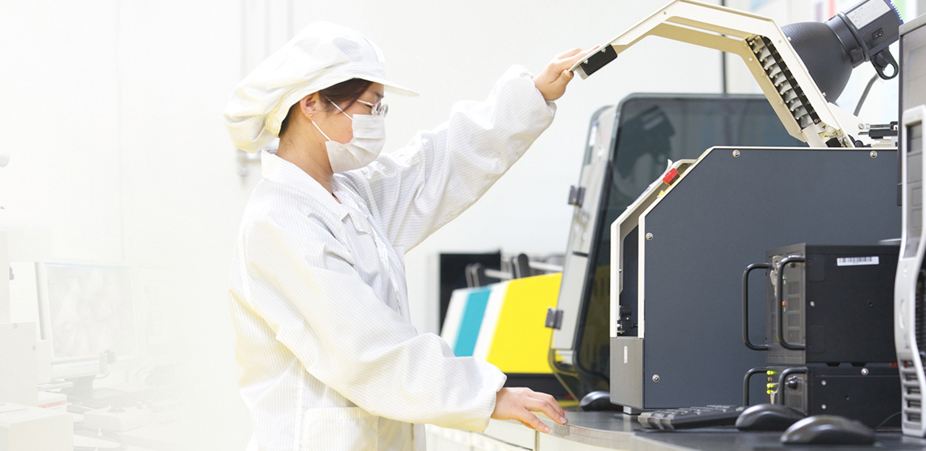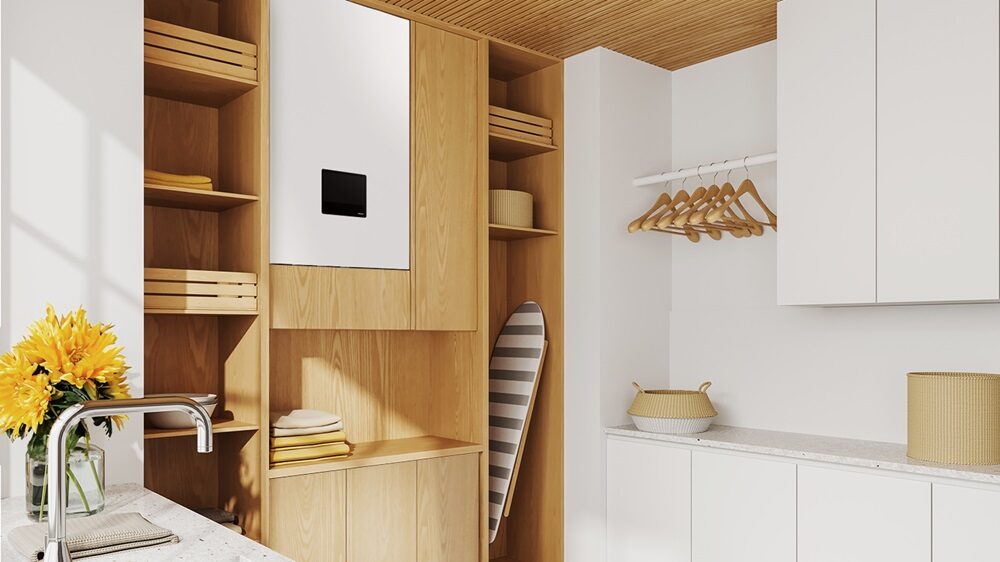The Chinese PV module and cell manufacturer did not reveal specific figures related to its production business for the reporting period. It valued its total assets at CNY 17.3 billion at the end of June, down from CNY 19.4 billion a year earlier. Net cash flows hit CNY 184.1 million in the first half, while its operating income reached CNY 1.7 billion.
In a statement to the Shanghai stock exchange, Hareon said that Chinese government policies to support PV development were partly to blame for its poor performance in the January-June period, but it did not elaborate on the matter. It did say that the curtailment of its solar projects from the grid in northwestern China hurt its cash flows throughout the reporting period to a certain extent. However, it also acknowledged that in general, curtailment pressures have started to ease throughout the country, without providing specific figures to back its claims.
Beyond vowing to reduce costs as it tries to get a handle on its debts, Hareon assured shareholders that it would attempt to breathe new life into its operations via a three-pronged recovery strategy. To start, it vowed to expand production to meet future market demand, while upgrading its existing production assets and focusing on R&D.
The company — which recorded a net loss in 2016, from a substantial net profit the year before — said it would ramp up investment in the development of distributed-generation PV projects this year, in line with the central government’s policy aims for the Chinese solar industry. It also said that it would focus on building projects under Beijing’s PV poverty alleviation scheme, without disclosing specific targets.
In addition, Hareon said it would continue to focus on opportunities outside of China, in line with the central government’s Belt and Road international development strategy. And in the first half of this year, it made some progress with its global ambitions. In April, Hareon signed a deal with New Delhi-based IPP Azure Power to develop 118 MW of solar capacity in the Indian state of Telangana.
This content is protected by copyright and may not be reused. If you want to cooperate with us and would like to reuse some of our content, please contact: editors@pv-magazine.com.



By submitting this form you agree to pv magazine using your data for the purposes of publishing your comment.
Your personal data will only be disclosed or otherwise transmitted to third parties for the purposes of spam filtering or if this is necessary for technical maintenance of the website. Any other transfer to third parties will not take place unless this is justified on the basis of applicable data protection regulations or if pv magazine is legally obliged to do so.
You may revoke this consent at any time with effect for the future, in which case your personal data will be deleted immediately. Otherwise, your data will be deleted if pv magazine has processed your request or the purpose of data storage is fulfilled.
Further information on data privacy can be found in our Data Protection Policy.